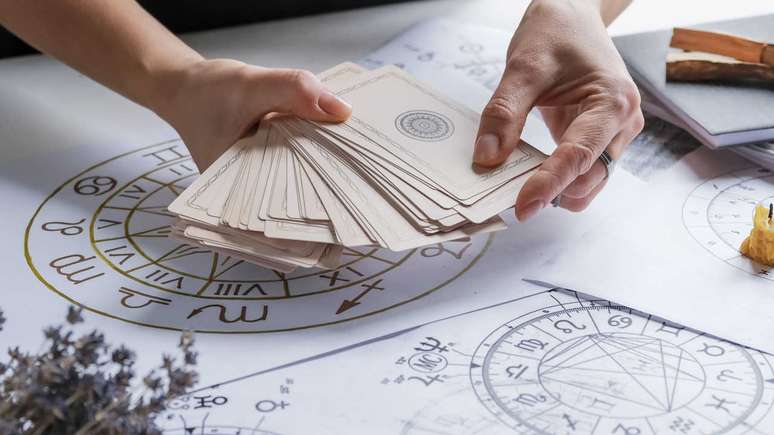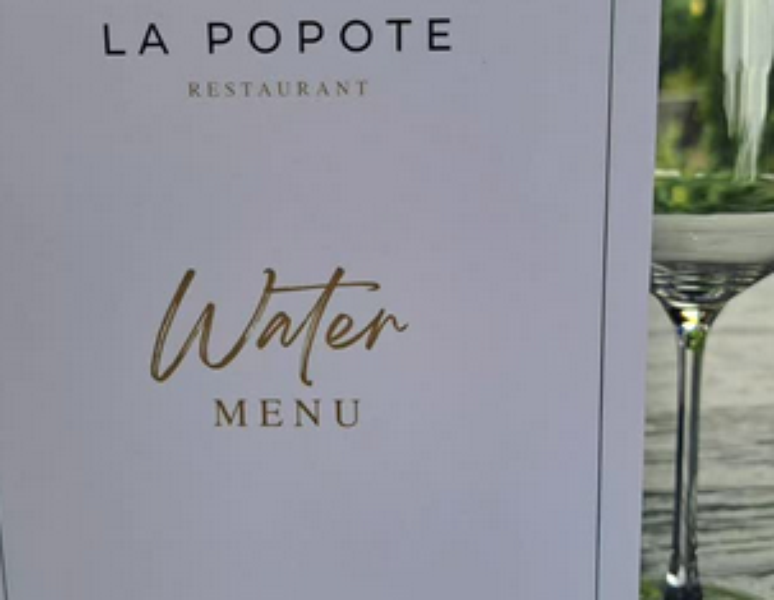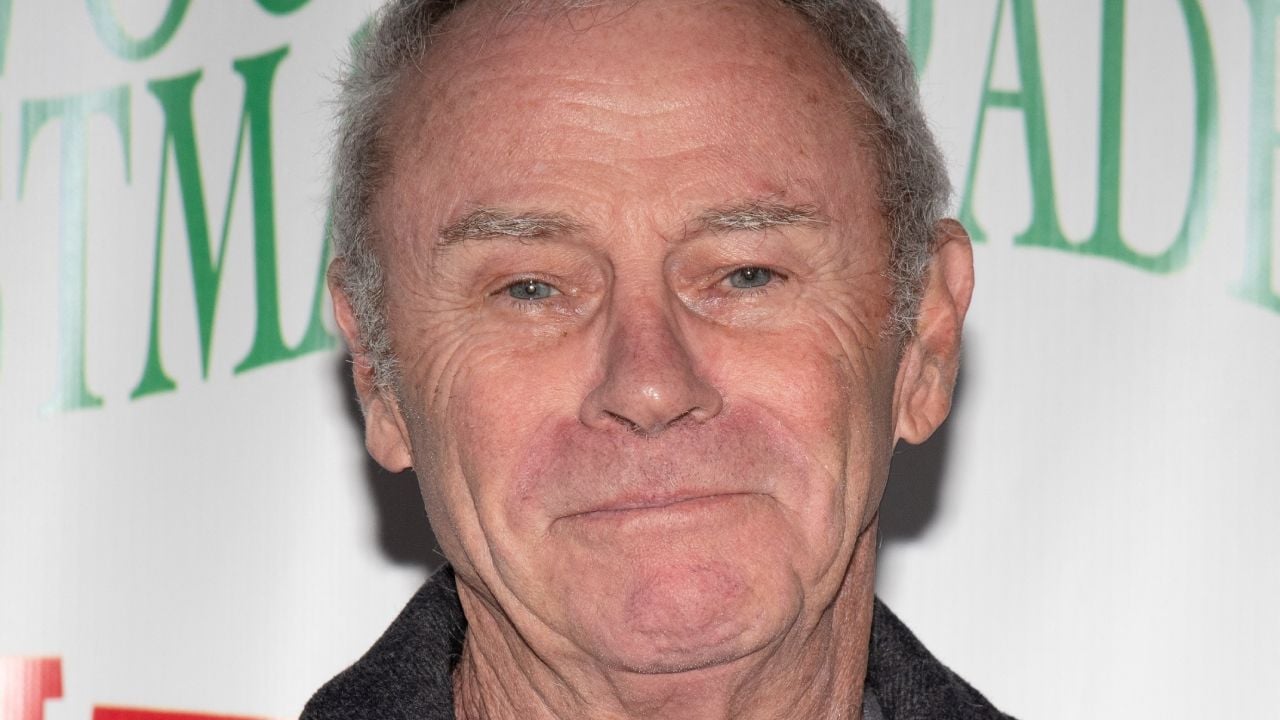Whether it’s a tarot consultation with a professional or just a personal reading, there’s one basic mistake that can literally ruin your tarot experience. Therefore, as with any acquisition you may make, serious research should never be ruled out prior to having your oracle experience, […]
Whether during a tarot consultation with a professional or just a personal reading there is an underlying error that can literally ruin your tarot experience. Therefore, as with any acquisition you might make, serious research should never be ruled out prior to having your experience with the oracle, moreover, you will need a dose of courage. Find out how not to ruin your experience with this amazing tool.

Tarot and projection
Only after 1700, the tarot was seen as an instrument loaded with symbolism in its arts, archetypes that favored understanding through a natural phenomenon that we all produce when we relate to the world. Today, thanks to human studies, coming mainly from Freud, we know this phenomenon under the name of projection, but the first seeds of this concept were discovered by the political philosopher Giambattista Vico (1668), studying some pre-Socratic documents created by a philosopher Greek called Xenophanes 570 BC
Understanding the concept of projection and mapping out how we practice it is extremely important: in practice, when faced with an intimate discomfort and in the search for a solution, this defense mechanism manifests itself and we, sometimes as a purge of something that we do not accept in our personality and transference to the other, to others as a desire for what we want to be and which we have not yet identified in ourselves, but which we also project onto the other with the desire to possess.
A prime example is when we are in love. Without realizing it, we project impressive concepts of our personality onto the person. Therefore, we more easily observe parts of ourselves that are in the other and more easily relate to them, regardless of the quality of that relationship. But when we see the person in reality, emerging from our projection, it’s much easier to break the bond than to work on solidifying a real relationship.
The tarot consultation and the big mistake
The biggest mistake we can make when doing a tarot consultation is not analyzing the context of the projection. It’s a very subtle job to do, requiring a lot of study, and shouldn’t be dismissed, whether you’re an appraiser or a professional.
Just as we communicate with the world, the world communicates with us, and this communication is structured in a second concept called synchronicity, developed by Jung (1875).
All cards that fall into a spread in a tarot consultation are wisely chosen and magnetized by this energy field, something too significant to be considered mere coincidence. You must have experienced at some point that, when you talk about something with someone and in moments, you get communication on the same subject, or even spot patterns in seemingly different situations, without a cause and effect relationship.
One must therefore adopt a holistic thinking, analyze the context of the projection, carefully observe the order of the cards, the question being asked or even avoid questions in a tarot consultation such as: “Have I been cheated on? Will the ex come back for me? Will I get this job? Should I change my career?” – and any other type of questions that express the sense of evading responsibility. All this to recognize patterns and bring depth to this tarot experience.
Text: Felipe Bezerra is a tarologist, astrologer and holistic therapist at Origin Therapias.
Instagram: @origemtherapias
Website: https://www.origemtherapias.com.br/
Facebook: https://www.facebook.com/origemtherapia
Source: Terra
Ben Stock is a lifestyle journalist and author at Gossipify. He writes about topics such as health, wellness, travel, food and home decor. He provides practical advice and inspiration to improve well-being, keeps readers up to date with latest lifestyle news and trends, known for his engaging writing style, in-depth analysis and unique perspectives.







